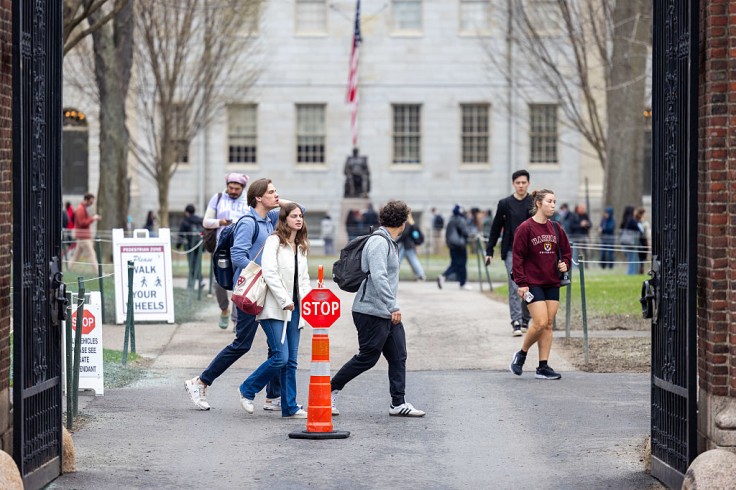Trump Freezes Over $2 Billion in Harvard Funding, Threatens to Revoke University's Tax-Exempt Status
By
On April 14, 2025, President Donald Trump sharply escalated his administration's standoff with Harvard University by announcing plans to revoke the school's tax-exempt status—just hours after freezing more than $2 billion (£1.5bn) in federal funding. The move is part of a broader crackdown on what the administration calls "divisive woke agendas," targeting Harvard's handling of pro-Palestinian protests and signaling a wider effort to reshape the culture and governance of elite academic institutions.
The funding freeze, enacted through executive action, halts federal grants essential for Harvard's research and academic programs, a significant blow to its operations. Hours later, the administration upped the ante by threatening Harvard's tax-exempt status, a move that could cost the university millions annually. In a Truth Social post on April 15, 2025, the administration stated: "Perhaps Harvard should lose its Tax Exempt Status and be Taxed as a Political Entity if it keeps pushing political, ideological, and terrorist inspired/supporting 'Sickness?' Remember, Tax Exempt Status is totally contingent on acting in the PUBLIC INTEREST!"
If Harvard were to lose its tax-exempt status, the financial repercussions would be severe. As a nonprofit under IRS Section 501(c)(3), Harvard currently avoids federal income taxes on its investment earnings and receives tax-deductible donations, benefits tied to its educational mission. Revocation would subject its endowment income—derived from its $50 billion endowment—to federal taxes, potentially costing tens or hundreds of millions annually, depending on investment returns. It could also deter donors, as contributions would no longer be tax-deductible, straining fundraising. While Harvard's vast endowment offers a buffer, such a loss would force budget cuts, likely impacting scholarships, faculty hiring, and research initiatives over time.
Legal experts, however, caution that revoking tax-exempt status is a high bar. "The IRS would need to prove Harvard is not operating for public benefit, which is difficult absent clear violations like political campaigning," said tax law professor Brian Galle. Harvard's rejection of the administration's demands—including dismantling diversity programs and auditing faculty for "viewpoint diversity"—prompted the escalation. The university argues these demands infringe on its First Amendment rights and academic autonomy.
The backdrop involves ongoing campus tensions, particularly over Israel-Gaza protests, which the administration claims Harvard has mishandled, fostering antisemitism. Critics counter that the measures are a politicized attack on free speech. "This is about punishing dissent, not protecting students," said education analyst Maya Wiley. Harvard President Alan Garber, in a public letter, vowed to resist, stating, "No government should dictate what private universities teach or whom they admit."
Other universities are on alert, fearing similar actions. X posts reflect deep division, with some cheering—"Harvard's finally being called out"—and others warning—"This sets a dangerous precedent for academia." As Harvard prepares for a legal fight, the outcome could redefine federal influence over higher education, with courts likely deciding the limits of executive power.
© 2025 University Herald, All rights reserved. Do not reproduce without permission.








